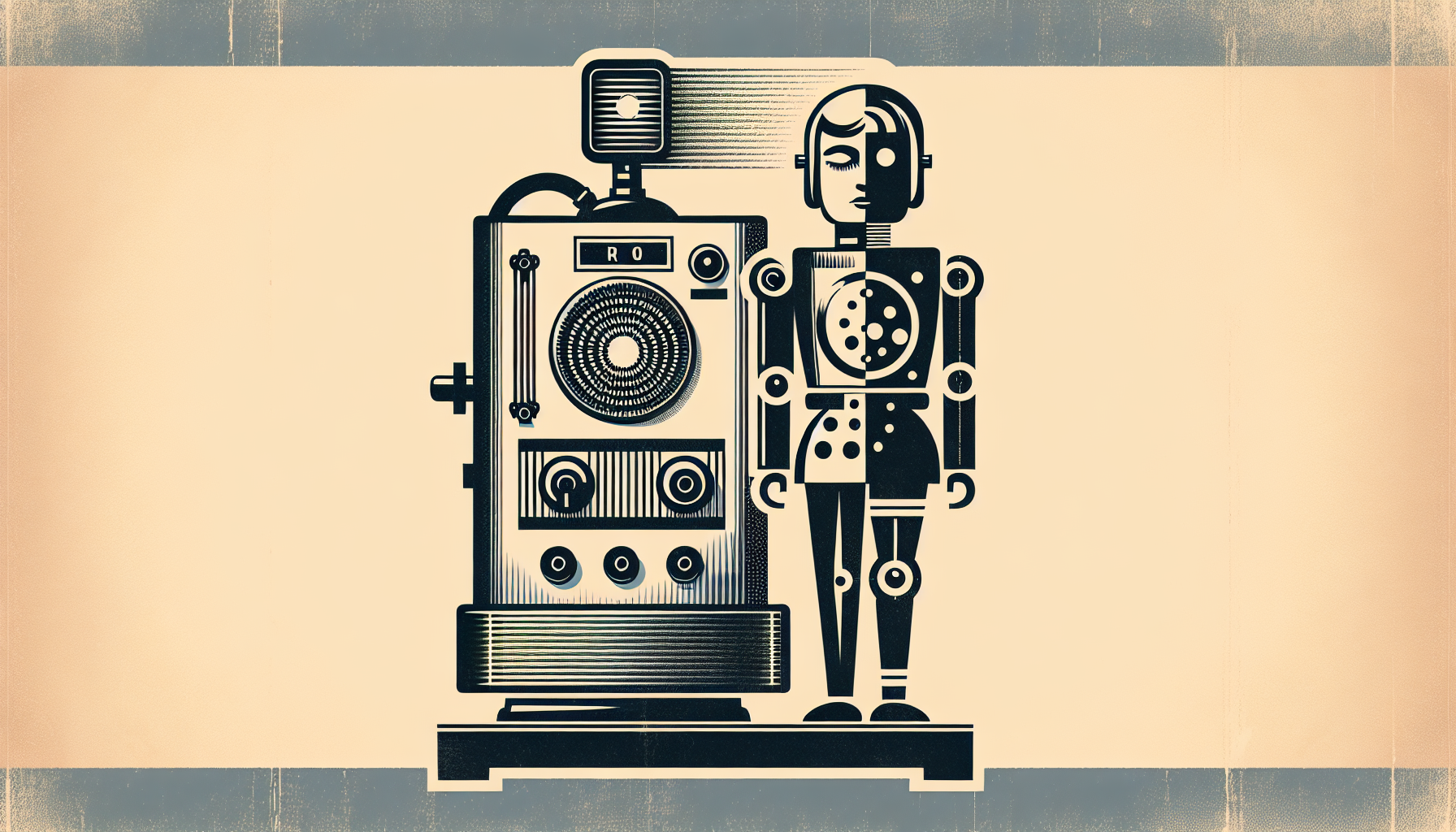Artificial Intelligence—those words alone can thrill, terrify, or leave you wondering whether your toaster might soon write poetry about existential angst. We spend so much time talking about how smart machines are becoming, but rarely do we ask a more interesting question: can they become wise? Intelligence gets you through the exam; wisdom helps you survive life’s harder, trickier questions—like whether you really want to date someone who claims to “vibe with AI.” Let’s take a journey together through the winding roads of intelligence and wisdom, and see where AI might fit into this decidedly human quest.
Intelligence: The Engine We Can Measure
First, let’s clear up some semantic knots. When we talk about Artificial Intelligence, what are we really describing? Typically, it’s the ability to solve problems, find patterns, and perhaps beat you at chess while reciting the complete works of Shakespeare (in binary). Intelligence, in both humans and machines, is about processing information effectively—learning, reasoning, and sometimes, well, knowing when to bluff in a game of poker.
The AI systems we build today, and even projections of so-called Artificial General Intelligence (AGI) of the future, are based on this framework. They analyze, predict, optimize, and sometimes surprise us. But does this kind of intelligence bring AI any closer to wisdom?
Wisdom: The Quality Beyond Calculation
Wisdom is an older, trickier concept. While intelligence can be thought of as the horsepower under the hood, wisdom is knowing when (and where) to drive. The “wise” are not just clever or book-smart. They possess insight, discernment, and often a little humility about what they don’t know. Good luck encoding humility into a neural network.
Human wisdom emerges from broad life experience, values, emotional understanding, and an ability to see the bigger picture. Sometimes, it means knowing when not to act. Sometimes, it means telling your friend that, no, they probably shouldn’t send that late-night text to their ex. Not exactly what we expect from a spreadsheet wizard or even Siri’s more dignified cousin.
Can AI Learn the Art of Wisdom?
Even as AI leaps ahead in learning and pattern recognition, wisdom is harder to measure and, I dare say, harder to code. Wisdom is a dance between logic and feeling, knowledge and doubt. If intelligence is fast, wisdom is slow. If intelligence harvests data, wisdom cultivates meaning.
Could an AI gain wisdom? It depends on what we mean:
- Accumulated experience: AI can access more information than any human. But are petabytes of data the same as experience?
- Moral reasoning: Most attempts to “teach” AI morals have resulted in awkward encounters—a chatbot refusing to serve certain jokes, or a translation engine with cultural allergies.
- Perspective-taking: Can an AI “walk a mile in your shoes” if it has no feet—metaphorically or otherwise?
To date, the evidence says: Not yet. AI can analyze. It can recommend. But it doesn’t yet grasp the subtle interplay of context, culture, and conscience that make decisions wise.
The Allure (and Illusion) of Superhuman Wisdom
Some believe AI’s sheer computational power will inevitably lead to a “wise” machine, perhaps even outpacing humanity. Countless sci-fi movies settle the matter in two hours, usually with a lot of running and yelling. Yet wisdom is not just a super-solver of puzzles; it’s more like the friend who tells you a hard truth gently, or the leader who admits mistakes.
If wisdom demands empathy, self-awareness, or emotional resonance, then it’s more than just a massive logic engine. It is possible that mountains of data are necessary—but not sufficient—for wisdom. To put it simply: if you ask AI for life advice today, you might get a reply full of inspirational quotes, but I’d hesitate before letting it pick your career path or marriage partner.
Machine Wisdom: More Than Just a Firmware Update?
Is the quest for artificial wisdom a fool’s errand, or a worthy goal? Perhaps it depends on where we look. It may be that AI will never have the lived experience, pain, joy, or regret that inform human wisdom. Yet, in the right hands, it may offer forms of “wisdom” that complement ours.
Imagine AI systems that keep the big picture in view, alert us to biases or short-termism, and help distill complicated decisions. These may not be wise as sages, but perhaps they could help us humans navigate complexity with a little more humility—or at least prevent us from pressing “Reply All” on that sensitive email.
The Human-AI Partnership
Here is where the story may twist in a useful (and only slightly ironic) direction. Rather than fearing AI’s lack of wisdom, maybe we can think of ourselves as fellow travelers. What if our machines, precisely because they lack wisdom, force us to become wiser? As we ponder their recommendations and see their limits, perhaps we come to better understand our own blind spots.
In classical philosophy, Socrates said true wisdom is knowing how little we know. AI might be the ultimate embodiment of this ancient insight: a powerful set of tools that puts our own wisdom—or lack thereof—in stark relief.
Conclusion: The Ongoing Quest
Will AI ever be wise? Maybe one day, if we redefine wisdom completely. For now, the quest for Artificial Wisdom is less about machines becoming humans, and more about humans becoming a bit wiser as we build and use our digital creations. Humor helps—after all, even the wisest sages knew when to laugh at themselves. And if wisdom means learning from history, let’s hope we use AI to make better choices, not just faster ones. It turns out, that may be the wisest move of all.

Leave a Reply